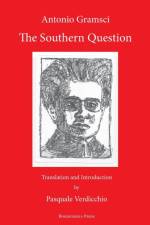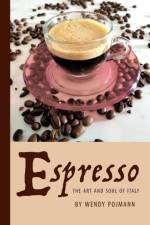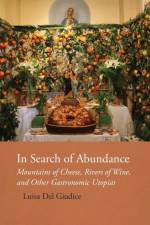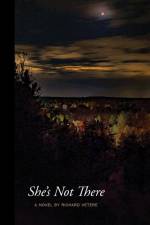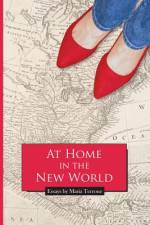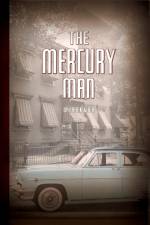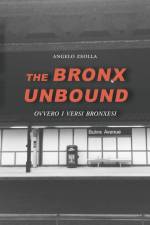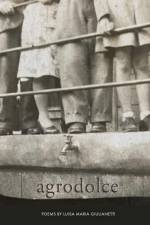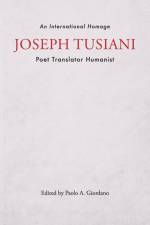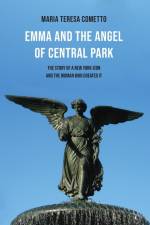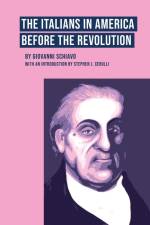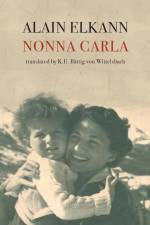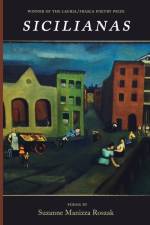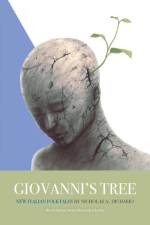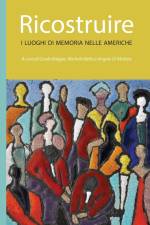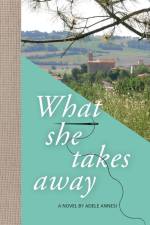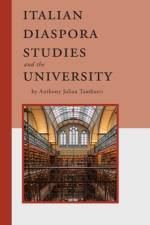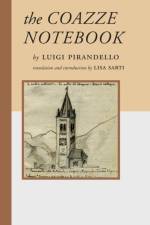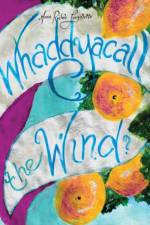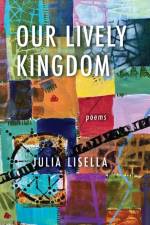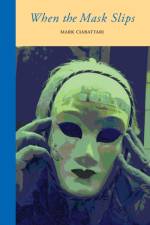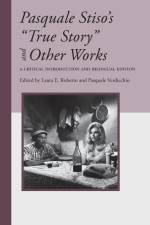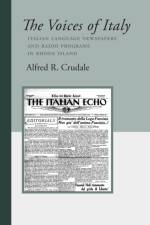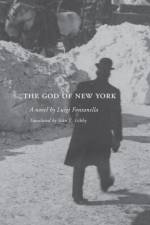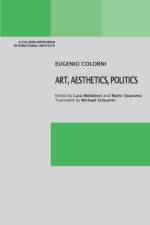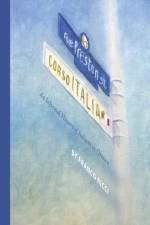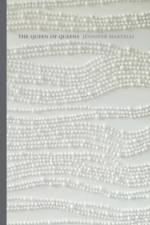av Luisa del Giudice
421
In that topsy-turvy logic of the Roverso Mondo (the Upside-Down World) mountains are made of cheese, rivers flow with wine, labor is abolished, and pleasure rules in a fantastical place of abundance, the gastronomic utopia known as il Paese di Cuccagna (the Land of Cockaigne). Forming the mythic core of a centuries-old dream of plenty, it came to be closely associated with America. When mass migration was possible, the dream brought millions of the destitute to this and other continents, where they believed they would never go hungry again. Perpetuated by street performers, illustrated in penny broadsides, and narrated in folktales-how far had this oral tradition taken a people! The "abbondanza" mantra, functioning as a prayer, protected generations of diaspora Italians from the fear of hunger. Their Cuccagnesque worldview persisted and a veritable food obsession helped them create domestic landscapes of plenty in groaning wine cellars, gardens, kitchens, deep freezers, and pantries, contributing to the festivalization of the quotidian, and to the many actual festive reenactments of abundance. Some rituals, such as the Sicilian celebration of St. Joseph, with its pageant of the Holy Family and open table, commemorate immigrant journeys and their search for hospitality, even as they aim to welcome the stranger and feed the poor. This volume reviews four decades of the author's research, writing, and programming within this Italian and diaspora food nexus, including her reflections on the cycle of hunger, the search for abundance, the practice and achievement of abundance. Currently inhabiting a Land of Enough, she also ponders how the COVID-19 pandemic helped shift this multigenerational trauma discourse of scarcity and abundance, contributed to her involvement in food justice initiatives, and broke the mantra's spell.

